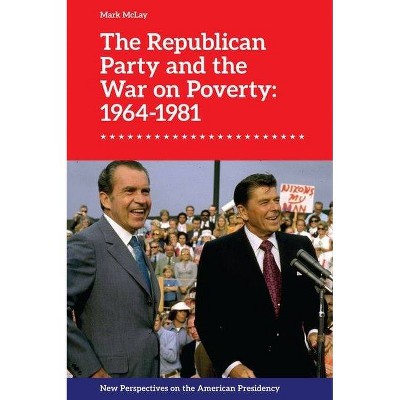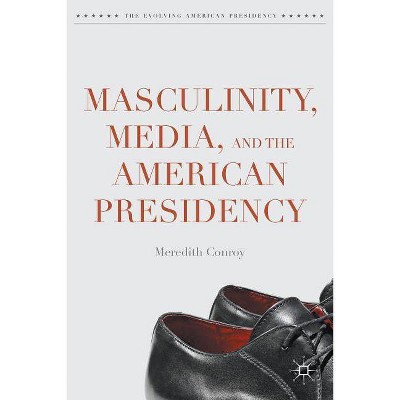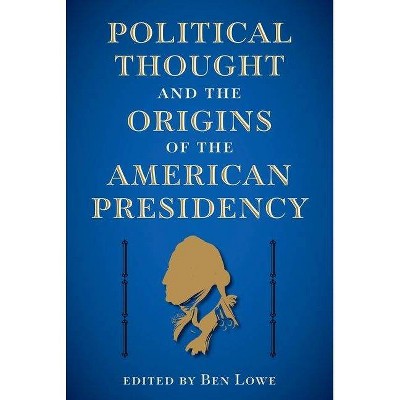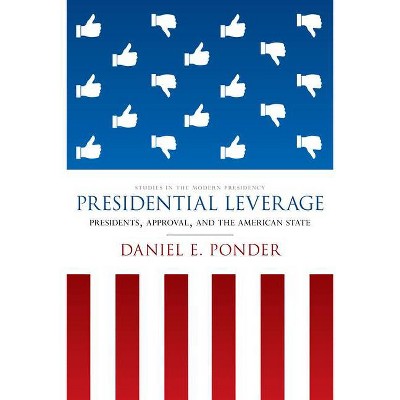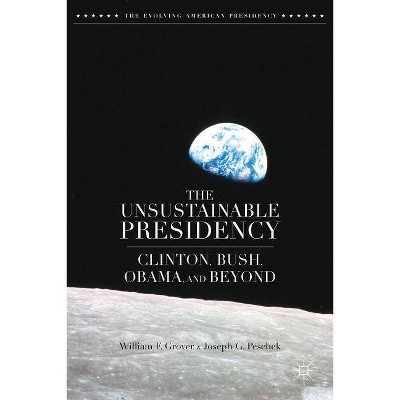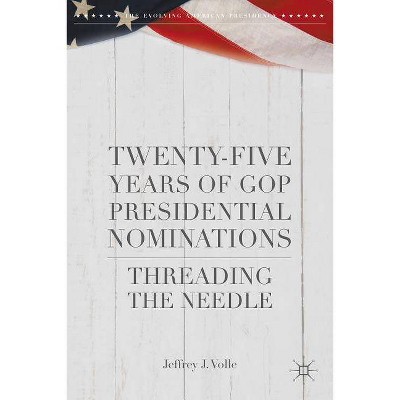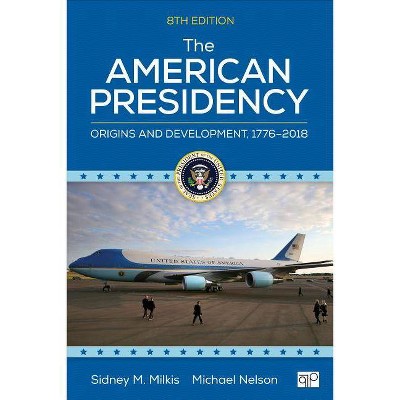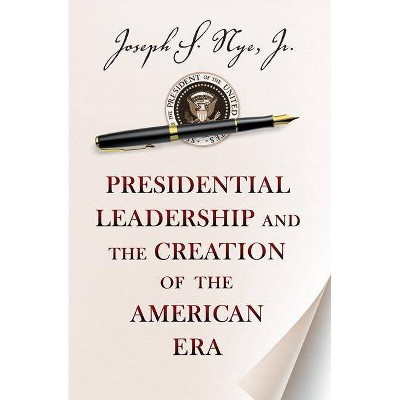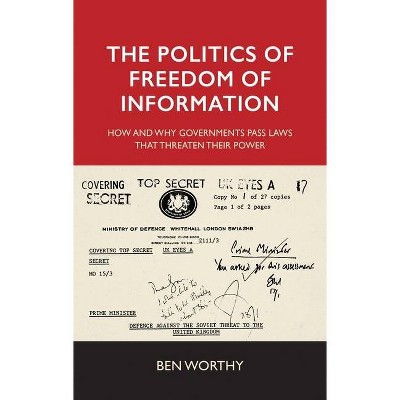Presidential Privilege and the Freedom of Information ACT - (New Perspectives on the American Presidency) by Kevin M Baron (Paperback)
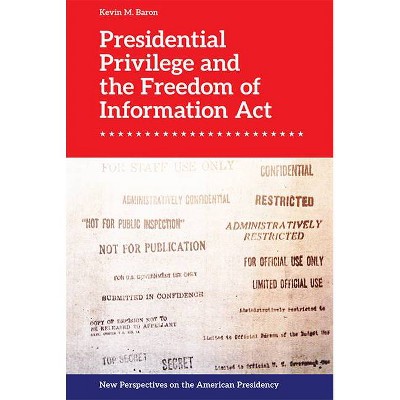
Similar Products
Products of same category from the store
AllProduct info
<p/><br></br><p><b> About the Book </b></p></br></br><p>By drawing on previously unseen primary source material and exhaustive archival research, this book reveals the largely untold and fascinating narrative of the development of the The Freedom of Information Act, and demonstrates how this single policy issue transformed presidential behaviour. </p><p/><br></br><p><b> Book Synopsis </b></p></br></br><p>The Freedom of Information Act, developed at the height of the Cold War, highlighted the power struggles between Congress and the president in that tumultuous era. By drawing on previously unseen primary source material and exhaustive archival research, this book reveals the largely untold and fascinating narrative of the development of the FOIA, and demonstrates how this single policy issue transformed presidential behaviour. The author explores the policy's lasting influence on the politics surrounding contemporary debates on government secrecy, public records and the public's 'right to know', and examines the modern development and use of 'executive privilege'.</p><p/><br></br><p><b> From the Back Cover </b></p></br></br>'Kevin Baron has developed a dynamic model, nested within a social learning perspective, to explain policy formation as a function of double feedback loops. He examines the legislative development of FOIA from 1946-1976 revealing the effectiveness of a learned response behaviour to executive privilege in issue evolution.' Keith Lee, Georgia College Telling the story behind the development of the Freedom of Information Act, and its legacy today The Freedom of Information Act (FOIA), developed at the height of the Cold War, highlighted the power struggles between Congress and the president in that tumultuous era. By drawing on previously unseen primary source material and exhaustive archival research, this book reveals the largely untold and fascinating narrative of the development of the FOIA, and demonstrates how this single policy issue transformed presidential behaviour. The author explores the policy's lasting influence on the politics surrounding contemporary debates on government secrecy, public records and the public's 'right to know' and offers an examination of the modern development and use of 'executive privilege'. Dr Kevin M. Baron is a lecturer and Civic Engagement Coordinator at the Bob Graham Center for Public Service, University of Florida. Cover image: courtesy of the National Archives and Records Administration Cover design: [EUP logo] edinburghuniversitypress.com ISBN 978-1-4744-4244-2 Barcode<p/><br></br><p><b> About the Author </b></p></br></br><p>Kevin M. Baron is Assistant Professor in Politics at Austin Peay State University in Tennessee. Kevin's research focuses on Congress and the Presidency, paying particular attention to the politics of policymaking.<p>
Price History
Price Archive shows prices from various stores, lets you see history and find the cheapest. There is no actual sale on the website. For all support, inquiry and suggestion messages communication@pricearchive.us
